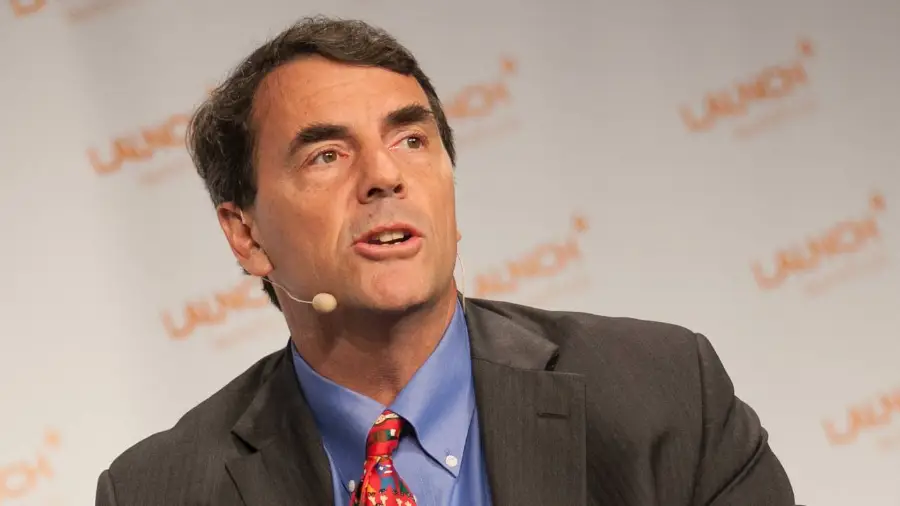Senior US officials celebrated after the United States and a large number of its allies had agreed to a proposal, after days of intense negotiations, that would establish a ceasefire along the border between Israel and Lebanon.
In a hastily arranged call with reporters shortly after the release of a joint statement, top administration officials praised the plan as “an important step forward.” The 21-day pause in fighting proposed by the countries would give time for diplomacy and could avoid a full-scale war between Israel and Hezbollah.
These officials were clear: the question was not whether Israel and Hezbollah would accept the ceasefire proposal, but rather when. Both Israel and Hezbollah were “familiar with the text,” one official said, and the US felt comfortable making the plan public, with the understanding that both parties were ready to sign off.
But just a few hours later, Israeli Prime Minister Benjamin Netanyahu disapproved of the multinational proposal. First, the prime minister’s office released a statement saying that any reports of an imminent ceasefire were “incorrect” and that the Israel Defense Forces would continue fighting with “full strength.”
Then, the Prime Minister himself told the press upon disembarking his plane in New York City:
“My policy, our policy, is clear: we continue to attack Hezbollah with all our strength. We will not stop until we achieve all our goals.”
Some 24 hours after the White House announced the ceasefire proposal, there has still been no indication that Israel and Hezbollah are ready to accept it. Israel’s initial response was clearly not the reaction the White House expected, raising the immediate question of why, if Israel was in favor of the proposal, its leader seemed so willing to scrap it.
Netanyahu’s apparent reversal represented a major disappointment, but for some officials, it also highlighted a reality that has existed for months: Netanyahu’s willingness to break openly and publicly with Biden, especially when facing domestic political opposition in Israel.
Understand the conflict between Israel and Hezbollah
Israel has launched a series of airstrikes on areas of Lebanon in recent days. On Monday (23), the country had its deadliest day since the 2006 war, with more than 500 fatalities.
According to the Israeli military, the targets are members and military infrastructure of Hezbollah, one of the most powerful paramilitary forces in the Middle East and supported by Iran.
The offensive reached several points in Lebanon, including the country’s capital, Beirut. Thousands of people sought refuge in shelters and left cities in the south of the country. Furthermore, a land incursion has not been ruled out.
Hezbollah and Israel began exchanging attacks after the start of the war in the Gaza Strip. The Lebanese group is an ally of Hamas, which invaded Israeli territory on October 7, 2023, killing hundreds of people and capturing hostages. Due to the bombings, thousands of residents of northern Israel, where the border with Lebanon is located, had to be displaced.
Prime Minister Benjamin Netanyahu has promised several times to return these citizens to their homes. On September 17, Israel added the return of these residents as an official war objective. A 15-year-old Brazilian teenager died after an Israeli airstrike. Itamaraty condemned the situation and called for an end to hostilities. The Brazilian government is also evaluating a possible rescue mission.
This content was originally published in Israel disregards “advancement” of the US ceasefire agreement in Lebanon and generates confusion on the CNN Brasil website.
Source: CNN Brasil
Bruce Belcher is a seasoned author with over 5 years of experience in world news. He writes for online news websites and provides in-depth analysis on the world stock market. Bruce is known for his insightful perspectives and commitment to keeping the public informed.







